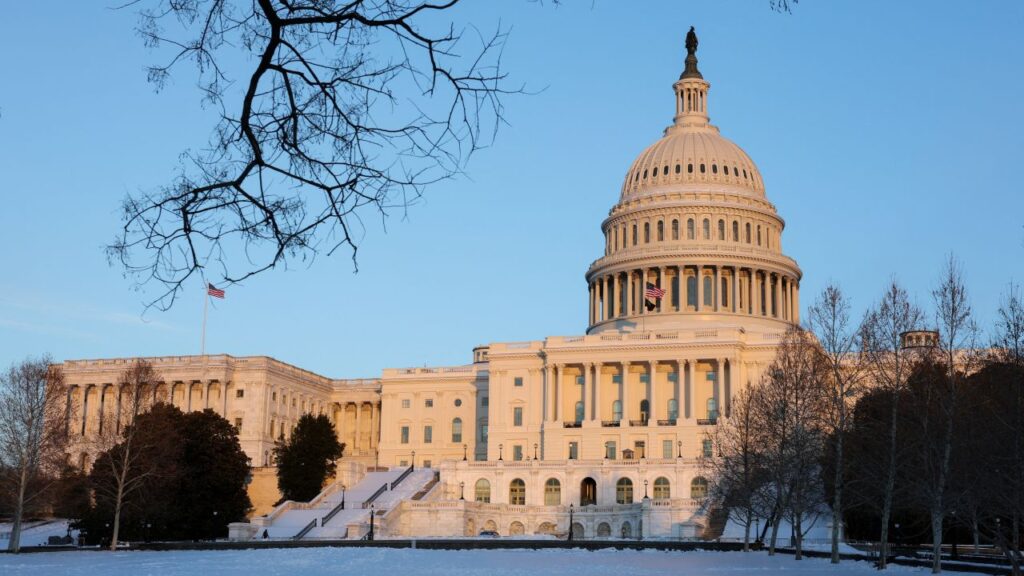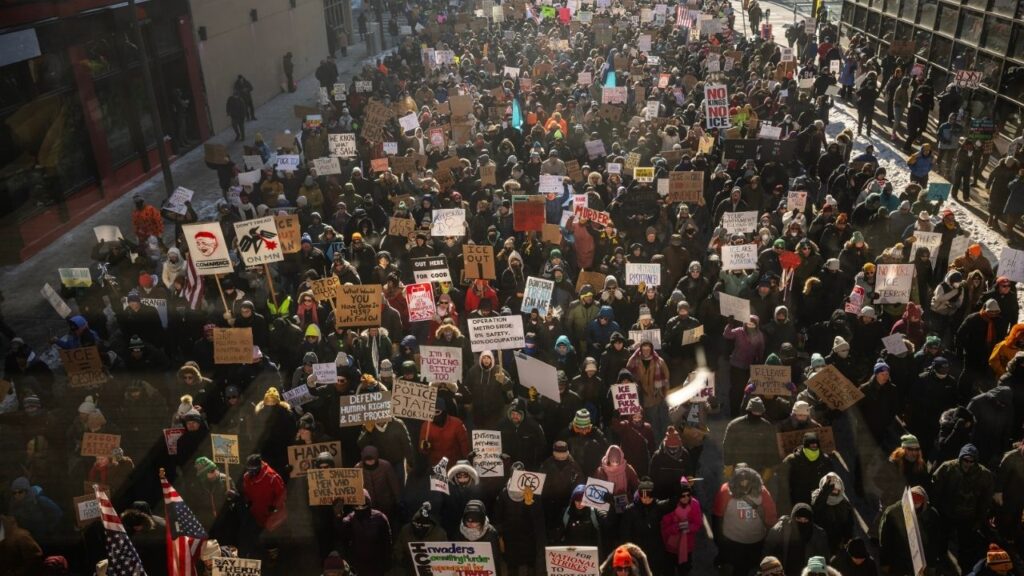Share
|
Getting your Trinity Audio player ready...
|
If politicians were truly serious about ending global inequality, many economists would say there is one obvious policy: allow greater global migration. A nurse is paid $1,900 annually in poor countries and $32,000 in rich countries. A McDonald’s worker in India earns 16 times less than their counterpart doing the same job in the United States. Economic theory holds that most of the world’s poor could become much more productive and richer if allowed to move to the developed world.
Studies routinely suggest that opening the entire world to migration could increase global gross domestic product by 50 percent to 150 percent. Of course, it would also involve more than 2 billion workers moving to the rich world. No mainstream politician in the rich world is about to call for unrestricted mobility. However, another migration policy is likely to be more politically achievable while reducing inequality and helping the rich and poor world: an increase in skilled migration.
Failed Promises
For many years, the Copenhagen Consensus has worked with several Nobel laureates and more than a hundred leading economists to look at how governments allocate money to do good for the world and establish where each dollar is most effectively spent.
This work has been driven by the failure of the world’s governments to reach their promises. In the United Nations’ Global Goals, all the world’s nations made extravagant promises for 2030 across nearly every agenda. We are at halftime for these promises this year, but we are far from halfway to delivery. On our current trajectory, even with very optimistic assumptions, we’re likely to achieve the goals at least half a century late.
This means the world needs to start prioritizing. As we’re clearly unable to deliver on everything we have promised, maybe we should start with the most effective policies first. New research for Copenhagen Consensus identifies 12 effective policies that could deliver huge benefits at moderate costs. Smart migration is one such policy, especially for reducing inequality.
Enabling more skilled migration to countries that need more skilled labor could achieve higher productivity and less inequality. And surveys tend to suggest it’s more politically viable, as skilled migration is less divisive than overall migration.
37 Million Skilled Workers Worldwide
Our study on migration looks at the effects of allowing more skilled migration, particularly of doctors and STEM workers.
The world today has 37 million skilled migrants. STEM workers comprise 9 million of these, and medical doctors about 1 million. Compare this to the fact that the world has just 13 million doctors.
What would happen if each nation took in 10 percent more skilled migrants from the same mix of countries they already have?
Migrants themselves would clearly benefit. For example, a doctor moving from the Caribbean or Central America to the United States will see a dramatic and sustained increase in wages, worth almost $1.6 million. But countries receiving skilled migrants, including the United States, would benefit: specialized doctors will fill available positions so that less specialized doctors or nurses can return to doing what they do best, and there is likely to be slightly higher economic growth. This is because introducing more diverse ways of thinking, doing things and approaching problems can generate more innovation which drives growth.
Recipient countries can also gain a skilled worker without incurring the costs of a lengthy, costly education.
Less obviously, countries where migrants originate will also see more benefits than costs. Often, we focus on the so-called “brain drain” that forces the country to pay to educate new doctors, while lowering the productivity of the doctors who remain.
Overall Benefits Outweigh Costs
But the new research shows these costs will be outweighed by the fact that skilled migrants who leave will establish new and additional channels for trade, investment and production that can boost their home countries. Moreover, they will also send home substantial and regular remittances, enabling their extended family to pay for more education and productivity. These benefits will likely outweigh the costs about two to one.
Globally, the overall benefits to everyone will be much higher than the costs.
While the total costs add up over the next 25 years to about $55 billion, the benefits will add up to almost a trillion dollars. Each dollar spent on the policy will deliver a substantial $18 of social benefit globally, which will mostly flow to the world’s poorer nations.
The research shows that increasing skilled migration globally offers a real opportunity to address inequality and increase global productivity. If the world is far behind on almost all its promises, let’s focus on the most effective policies first. Allowing more skilled migration where needed could be just one such policy.
About the Writer
Bjorn Lomborg is the president of the Copenhagen Consensus and a visiting fellow at Stanford University’s Hoover Institution. He wrote this for InsideSources.com
Make Your Voice Heard
GV Wire encourages vigorous debate from people and organizations on local, state, and national issues. Submit your op-ed to rreed@gvwire.com for consideration.




















